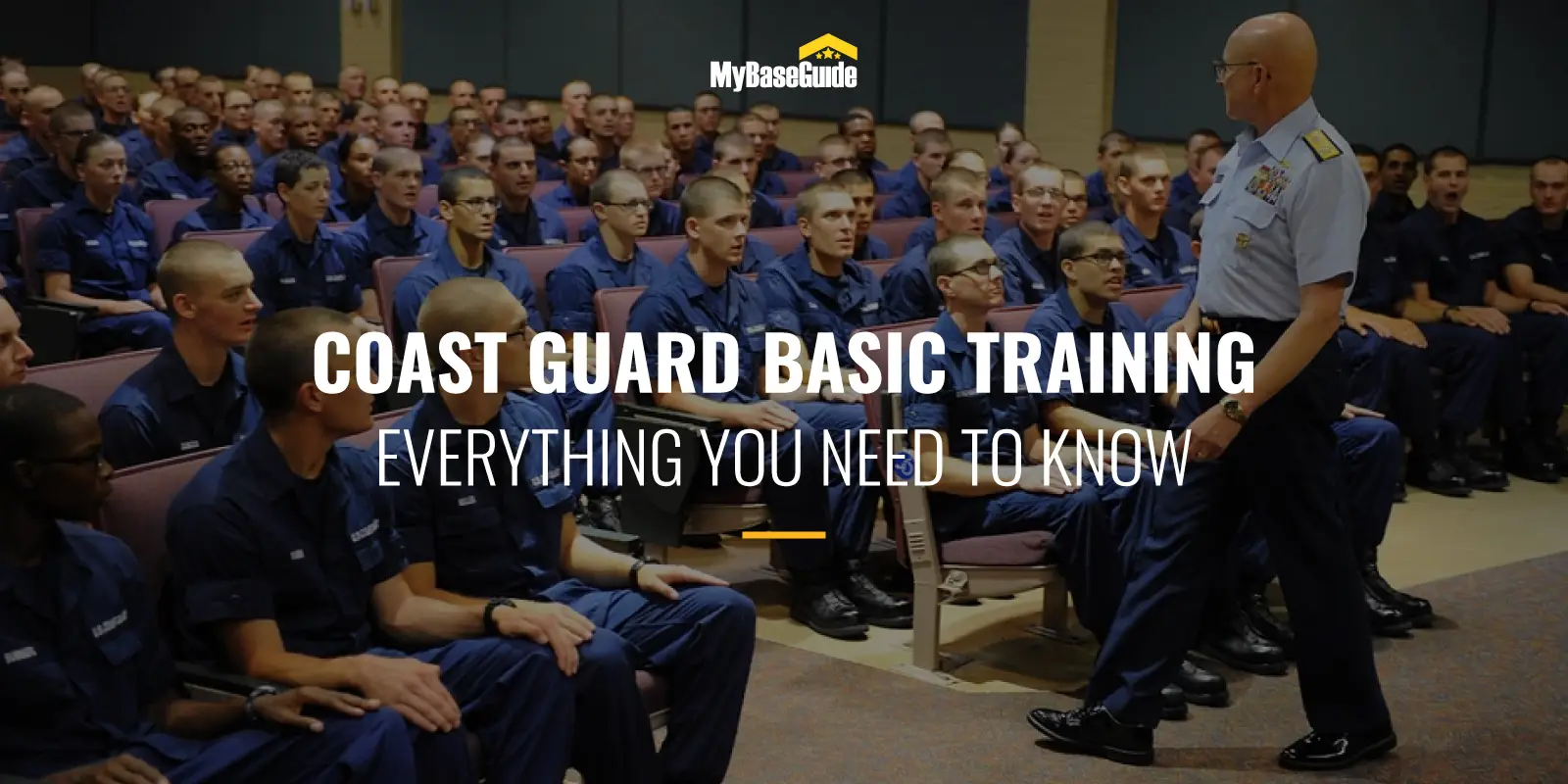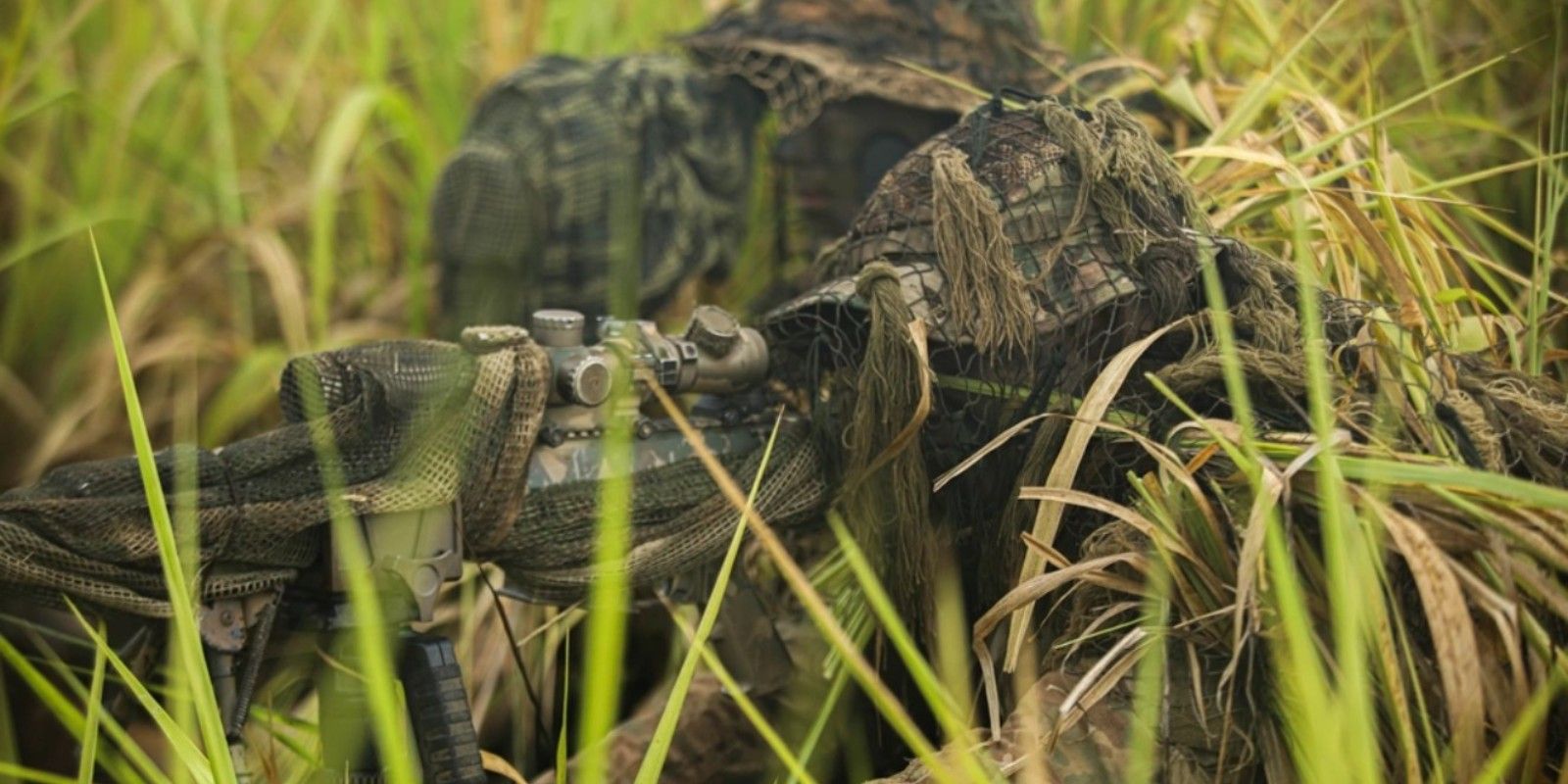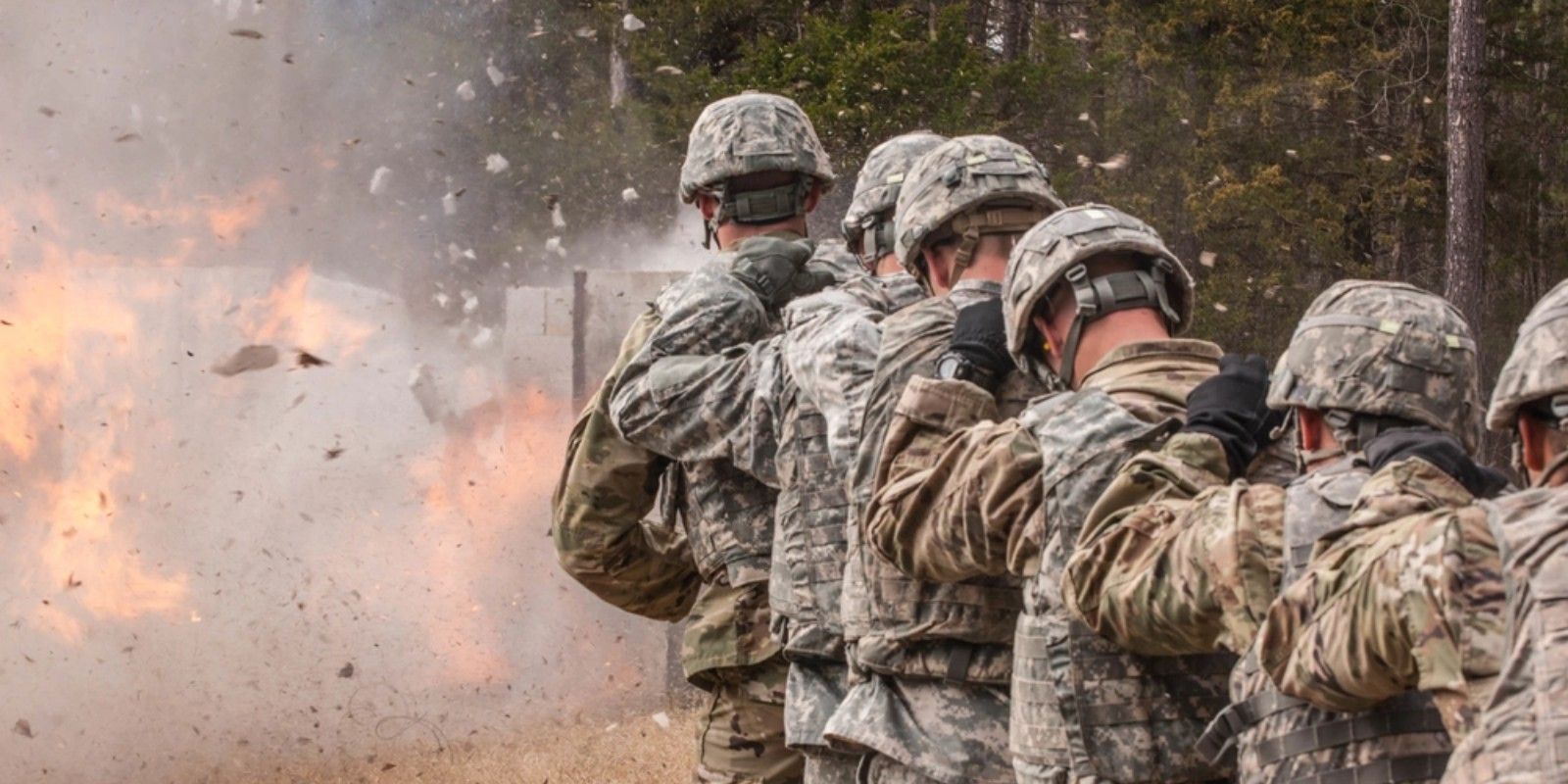COAST GUARD BASIC TRAINING: EVERYTHING YOU NEED TO KNOW
By MyBaseGuide Staff Member

Introduction
Hooyah, future Coast Guardsmen! If you’re currently thinking about joining the Coast Guard, you’re going to have to pass through all the stages of Coast Guard basic training first. This is no easy task, as it requires peak physical fitness, intellectual sharpness, and strong morals. If you think you’re ready to become a Coast Guardsman, keep reading to learn almost everything there is to know about Coast Guard basic training. Want to know something specific about basic? You can use the links below to dive right into that information. Family members can find their information at the very end of the page.- Coast Guard Basic Training Requirements
- How Long Is Coast Guard Basic Training?
- Where Is Coast Guard Basic Training?
- Do You Get Paid for Basic Training?
- What To Bring to Coast Guard Basic Training
- Coast Guard Basic Training Phases
- Coast Guard Basic Training Graduation
- Family Resources
Coast Guard Basic Training Requirements
A base level of physical fitness is expected of all recruits. Men and women have different physical fitness expectations.Men
- 29 push-ups in one minute
- 38 sit-ups in one minute
- 1.5-mile run in less than 12:51
- 16.50” sit and reach
- Complete a swim circuit
- Tread water for five minutes
- Swim 100 meters (~328 feet) after jumping off a 6-foot platform
Women
- 15 push-ups in one minute
- 32 sit-ups in one minute
- 1.5-mile run in less than 15:26
- 19.29” sit and reach
- Complete a swim circuit
- Tread water for five minutes
- Swim 100 meters (~328 feet) after jumping off a 6-foot platform
- You must be a U.S. citizen or full-time resident alien.
- You must be between the ages of 17 and 31.
- You must have a high school diploma (GEDs are only accepted in exceptional special circumstances).
- You can have no more than three dependents.
- You’ll need to pass the Armed Services Vocational Aptitude Battery (ASVAB) test.
- You must pass the basic entrance medical exam.
How Long Is Coast Guard Basic Training?
Coast Guard basic training lasts for eight weeks. The process is full of both physical and mental conditioning, so you better be prepared!
Where Is Coast Guard Basic Training?
Coast Guard basic training is performed at the Cape May Training Center in Cape May, New Jersey.Do You Get Paid for Basic Training?
Yep! All Coast Guard recruits do receive pay for Coast Guard basic training. You’ll usually be paid as an E-1, which would get you somewhere around $1,785 per month (just over $21,000 per year). That’s why you need to bring a direct deposit form from your bank on day one.
What To Bring to Coast Guard Basic Training
You NEED to bring a state-issued ID, like your driver’s license, and a direct deposit form from your bank. There are a few items that you’re recommended to bring to Coast Guard basic training.- A multi-pack of white, V-neck shirts
- 10+ pairs of underwear
- Toothbrush & toothpaste
- A watch
- Up to $50 in cash to use at the exchange
- An address book with stamps
- Neutral-colored hair ties (for women)
- Feminine products (for women)
- Sports bras (for women)
- Shampoo/conditioner (for women)
- Floss
- Soap
- Deodorant
- Towels
- Shower shoes
- Laundry bags
- Tennis shoes and socks
- Paper and pens

Coast Guard Basic Training Phases
So, what is basic training like? We won’t lie; it’s tough. Before you hop into Coast Guard basic training, it might be a good idea to prepare yourself at home. You definitely don’t want to be that recruit who’s always falling behind or failing every physical fitness test. If you haven’t already, come up with a challenging workout routine for yourself. Throw in jogging, strength training, and swimming (DEFINITELY practice swimming before you get there).Need to whip yourself into shape? Read tips straight from a Marine in this blog:
5 Secrets To Stop Being a Fat Civilian – Marine Approved Don’t underestimate the importance of your local recruiter. They’ve quite literally been there, done that, so they can answer all your questions, small or large. Think about where you might want to serve after training, and look through a Coast Guard job list to see what kinds of careers in the Coast Guard might suit you best.Week One
Week one is filled with paperwork and intake forms. You’ll go through your medical screening to make sure you’re in good shape, receive your official uniform, meet your Company Commander (CC), and get your Recruit Training Company assignment.Week Two
Week two is where physical conditioning really kicks in. You’ll be running a mile first thing in the morning, conducting your swim training, and be issued a nine-pound rifle for drills. You’ll also begin learning the basics of how to work as a team with your company. Finally, you’ll begin some classroom work learning proper saluting and rank insignias.Week Three
More teamwork and physical training will be going down during week three. By this time, you may be physically exhausted and at the end of your rope. Don’t quit! Your body just needs some time to get used to the rigorous training. You can do this! At this point, you’ll likely be well-versed in military customs and proper etiquette. You’ll also grow to become more familiar with Coast Guard drills.Week Four
You’ll finally take your official physical fitness test this week. By now, it should be a breeze for you! You’ll also be required to take a mid-training exam that will test you on everything you’ve learned up until this point. During this week, you may be asked to fill out paperwork denoting what location you’d like to serve in and what type of unit you’d like to be placed in for your first assignment.Week Five
By the end of this week, you’ll likely have your first official assignment in your hands. Of course, you’ll be doing as much physical conditioning as the past few weeks, too.Weeks Six and Seven
These weeks are filled with more of the same: physical conditioning, drills, classroom instruction, and more. You’ll also likely dive into practical learning, like first aid and watch standing (a.k.a. watch keeping), during these weeks. You may even begin preparing your travel arrangements for your first assignment post-basic training and taking a final exam.Week Eight
Week eight involves a little bit more learning regarding your military entitlements, but it’s mostly reserved for graduation preparation.
Coast Guard Basic Training Graduation
Coast Guard basic training graduation is held in the training center’s gymnasium. The ceremony usually starts at 1100 on Friday mornings. Your family should receive a letter from the training center before graduation letting them know all the details about your specific graduation date.
Family Resources
If you have a family member who’s embarking on Coast Guard basic training any time soon, you can check below for valuable resources regarding graduation attire, contacting your recruit, and what you should send them while they’re busy training to serve the country.How To Contact Someone During Basic Training
You can send a letter to your recruit during Coast Guard basic training. Recruits will not be allowed to call home or receive calls during training. If you’re sending a letter, the address should look like this:Coast Guard Boot Camp Mailing Address
Doe J. (last name then first initial) Company # X Hall (James, Healy, or Munro) 1 Munro Avenue Cape May, NJ 08204 If you have an emergency and need to contact a recruit in a timely manner, you will have to get in touch with your local Red Cross office. They can get a message to your recruit quickly, so you don’t have to wait for them to receive a letter via snail mail.What Can I Send Someone During Basic Training?
You are allowed to send letters to your recruit, but you cannot send care packages or anything similar. Don’t try to send large boxes full of snacks and creature comforts because they’ll be immediately confiscated as contraband. There are many recruits and limited space, so only letters to your recruit will be allowed.What To Wear to Basic Training Graduation
Provided you look presentable, there are no precise rules for family members looking to attend their recruit’s graduation ceremony. Want to play it safe? Go business casual! No one will reprimand you for wearing jeans and a sweatshirt, but you might want to represent your recruit a little bit better than that.Conclusion
Coast Guard basic training is far from easy. With the right preparation and proper mindset, you can tackle it and be a star recruit. But that means you have to put a lot of effort into training and learning during your time in boot camp and even before. Do you think you’re ready to become a Coast Guardsman? Apply online or contact a recruiter and sign up for Coast Guard basic training to find out! Learn more about military basic training:- Air Force Basic Training: Everything You Need To Know
- Marine Basic Training: Everything You Need To Know
- Army Basic Training: Everything You Need To Know
- Navy Basic Training: Everything You Need to Know
The appearance of U.S. Department of Defense (DoD) visual information does not imply or constitute DoD endorsement.
SHARE:
TAGS:
JOIN OUR NEWSLETTER
Get the latest news and military discounts



